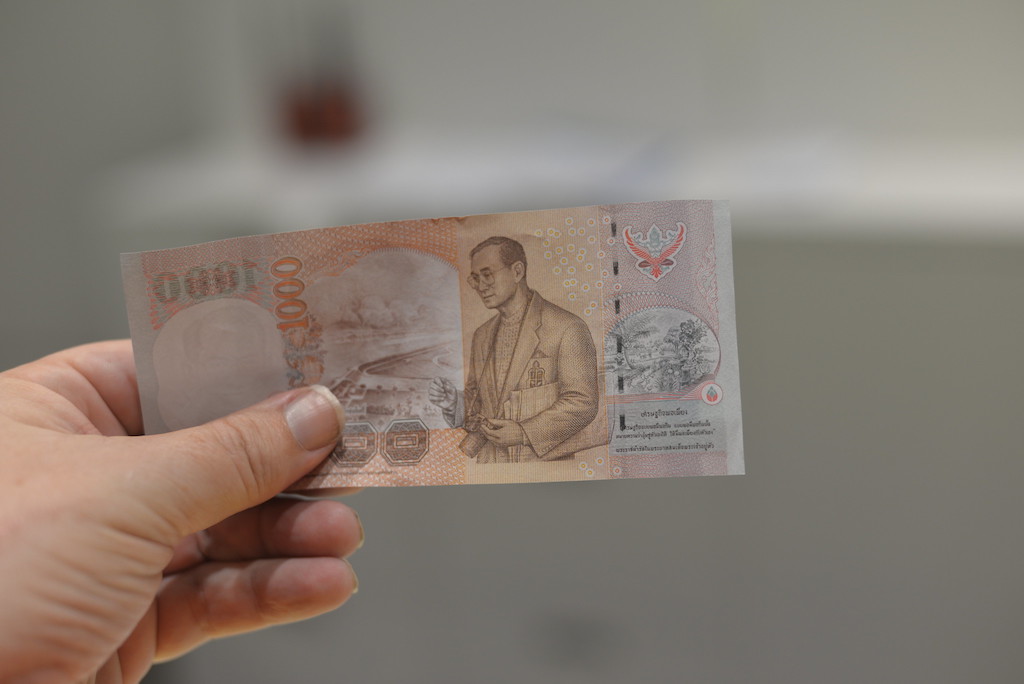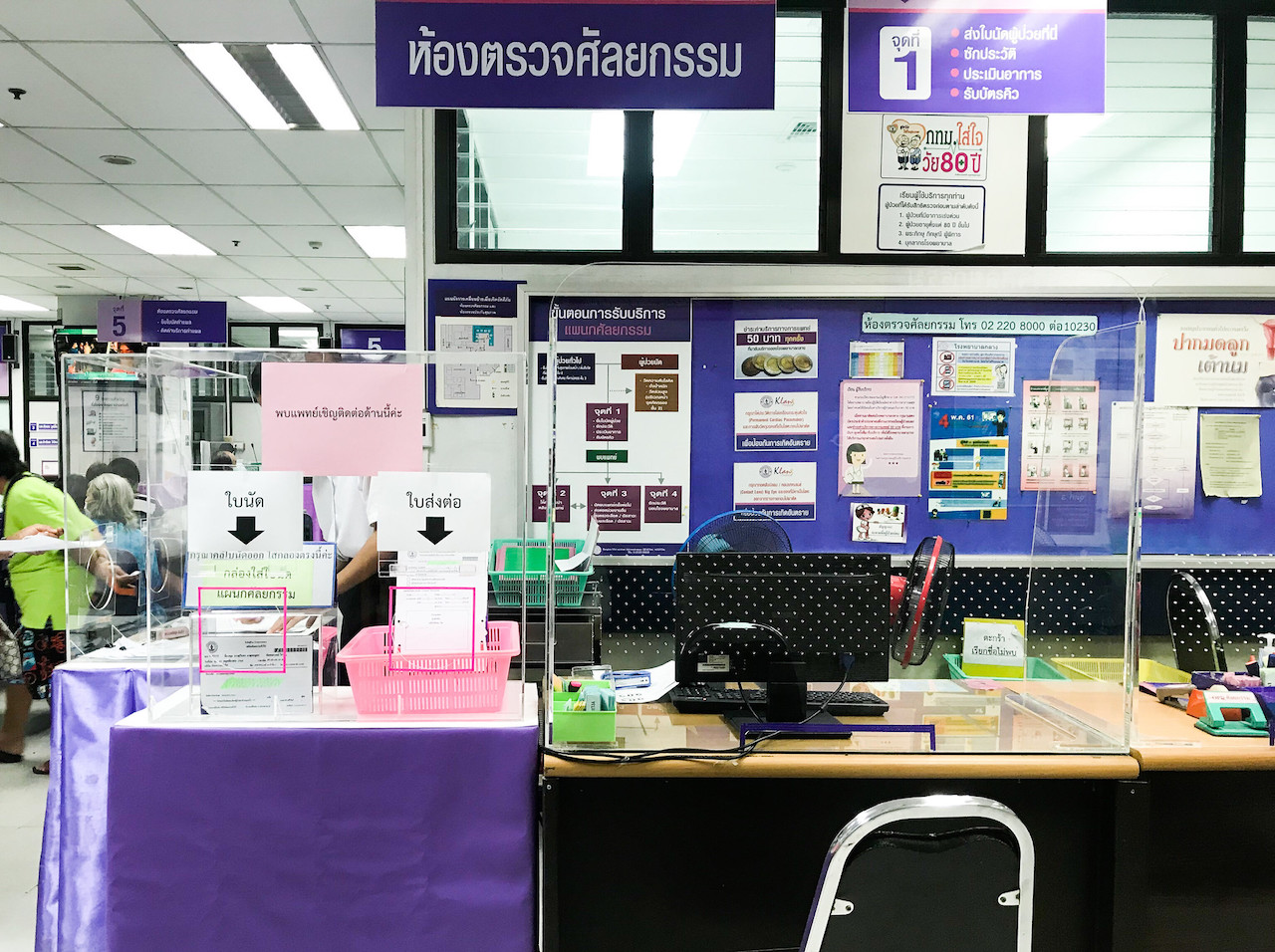The Bank of Thailand (BoT) is closely monitoring the strengthening of the baht, particularly as it continues to rise against the U.S. dollar. This appreciation has been largely influenced by multiple factors, including Thailand’s strong economic performance, a robust tourism rebound, and external market conditions such as changes in U.S. Federal Reserve policies, foreign capital inflows and rising gold prices.
Thai baht hits 19-month high against USD today
A rising baht can have mixed effects on the Thai economy. On one hand, it can reduce import costs, benefiting industries that rely on foreign goods and services. On the other, it can hurt export competitiveness by making Thai products more expensive in international markets. This is a key concern for sectors such as manufacturing and agriculture, where exports are crucial.
thai baht – the store of value lately pic.twitter.com/k9tvYpV6cc
— tommi (@hitchhooker) September 26, 2024
The BoT has been vigilant about these developments, and although it has not intervened significantly yet, it may consider tools like monetary policy adjustments or foreign exchange market interventions if the baht’s rise starts to negatively impact economic stability. So far, it appears that the central bank is taking a wait-and-see approach, allowing market forces to determine the exchange rate while staying prepared for potential volatility.
Thai Baht Strengthens to 4.5-Month High Against USD
In line with its mandate, the BoT aims to maintain a balance between economic growth and inflation control, while minimizing risks to financial stability. The bank’s focus remains on preventing any excessive currency fluctuations that could disrupt Thailand’s post-pandemic economic recovery.
-Thailand News (TN)





















+ There are no comments
Add yours